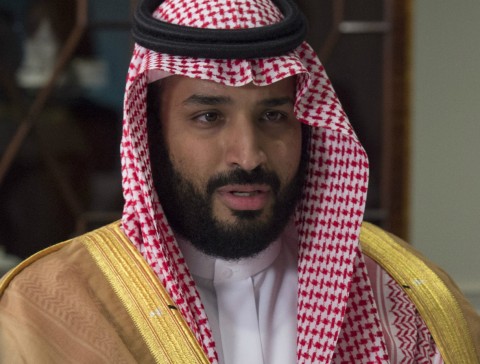Mohammed bin Salman's reforms bolster interfaith efforts
The Saudi crown prince’s Vision 2030 program includes rolling back the religious hierarchy’s power over domestic and foreign policies.

Mohammed bin Salman, the Saudi Arabian crown prince who could reign for decades if he takes over as planned from his elderly father, King Salman, is raising hopes that the tight grip of the ultraconservative religious establishment on the country is loosening.
The 32-year-old prince, who went on diplomatic tours of Europe and the United States in March, has said he wants to return his country to “a moderate Islam open to the world and all religions.”
Staunchly conservative Saudi Arabia, which prohibits the construction of churches and synagogues, has long been anything but moderate in religion. Especially in recent decades, it has enforced strict limits on women’s rights, banned cinemas and other public entertainment, and tightly controlled religious activity by any faith other than its official Wahhabi Islam.





